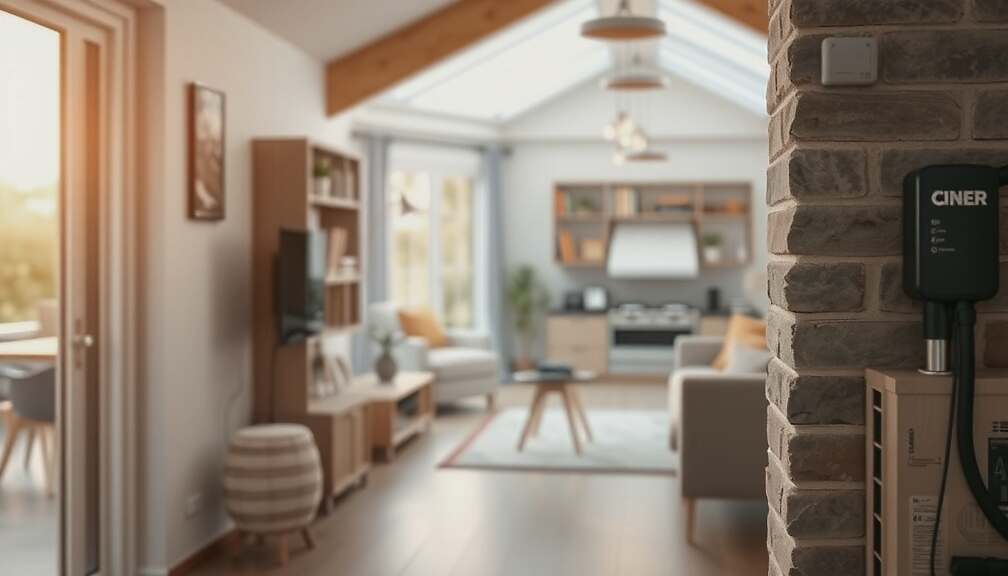A new analysis suggests homeowners may realize significant savings by switching to heat pumps instead of traditional gas heating systems. The comparison, conducted by Verivox, indicates that current heating costs are approximately 41% lower with a heat pump compared to a gas-fired system. Even less efficient heat pump installations offer a cost advantage of around 13%.
The analysis considered a typical single-family home with an annual energy consumption of 20,000 kilowatt-hours (kWh) heated with natural gas, costing an average of €2,262 annually. An efficient heat pump, boasting a seasonal coefficient of performance (SCOP) of 4, requires 5,000 kWh of electricity to provide equivalent heating, costing an average of €1,337 across the country. This represents a saving of €925 annually, or 41% less than a gas heating system.
Looking ahead, the cost disparity between gas heating and heat pumps is projected to widen. This is largely due to rising carbon dioxide (CO2) prices, which are steadily increasing the cost of fossil fuels like natural gas. Conversely, heat pump users benefit from lower electricity network charges and concession fees.
Verivox energy expert Thorsten Storck emphasizes that a system’s efficiency is key. A higher SCOP directly translates to reduced electricity demand and greater savings compared to fossil fuel-based systems.
Even with a less efficient heat pump (SCOP of 2.7), heating costs remain approximately 13% (€284) lower than those associated with a gas system. This necessitates approximately 7,500 kWh of electricity, resulting in total costs nearing €2,000 at current national electricity prices. Storck attributes lower efficiency to factors such as inadequate insulation or unsuitable radiators.
Homeowners considering a new heating system are advised to seek professional guidance. While gas heating systems typically have lower upfront costs, heat pumps generally result in lower operating expenses. The optimal heating solution depends heavily on the specific structural characteristics of the building. Local consultations can provide valuable support and information regarding available state and municipal funding programs.












